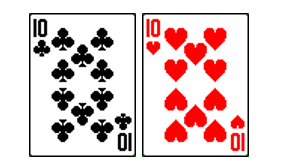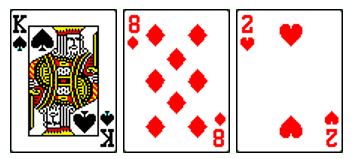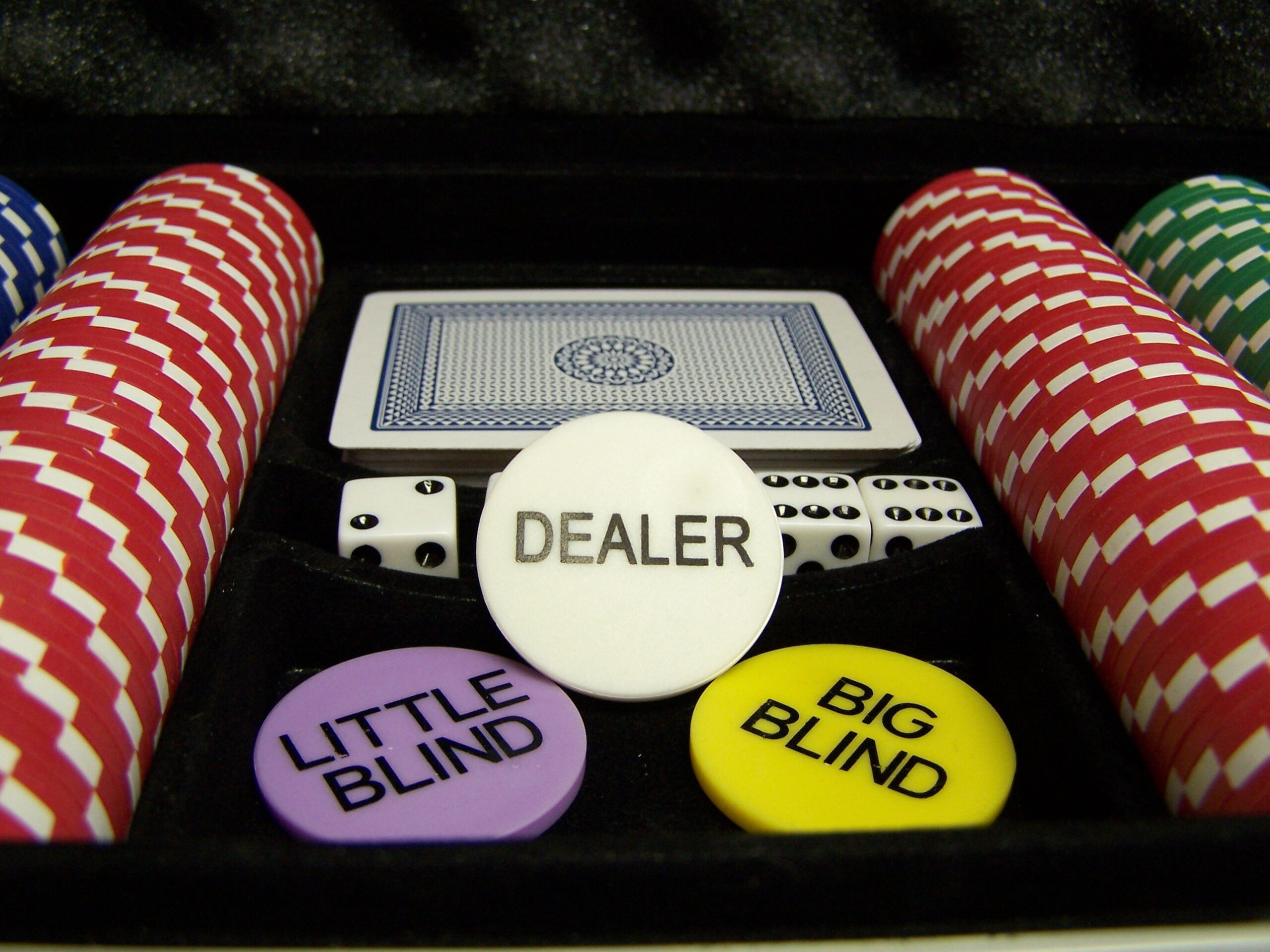The Problem with the Small Flop Donk Bet
When you are playing against a NIT, you usually have easy decisions. In the example hand, I had a pair below top pair on the flop. I suspected that my opponent also had a pair below top pair and that his pair was higher than my pair. In this situation, against a NIT, I would usually turn my hand into a bluff.
In the following hand, the NIT put in a small donk bet on a dry flop. Let’s examine my thinking process.
I Decided to 3-bet the NIT Pre-flop
What happened was that the NIT was first in from early position and he raised 3BB. The hand folded around to me on the button and I put in a 3-bet of 9BB. I didn’t need to raise more than that. The blinds folded and the NIT just called.
I couldn’t narrow his range based on his play. I didn’t really know this NIT. I could tell he was a NIT by the hands that he had played. However, I didn’t have much information on him.
I hadn’t seen him play a hand from early position yet. So, I didn’t know whether he would set-mine with a small pair or a medium pair and call a 3-bet.
I hadn’t noticed any variation in his pre-flop raises. Some NITs raise to 2BB or 2.5BB when they have a small or medium pocket pair in early position. Then, they raise to 4BB when they have a premium hand.
The Flop
So, I was holding

And the flop came up

I was in position with the lead and the board is dry.
Villain Donk Bets (Small)
Villain put in a small donk bet. He bet 4BB into a pot of 19.5BB. As the flop is dry, he can’t be on a draw. This suggests that he has a weak made hand. If this is the case, his weak made hand will probably be stronger than my hand. For example, he could have QQ or JJ. He probably would have 4-bet pre-flop if he had AA or KK.
I don’t see him donk betting small with AK. If he had AQ or a pair below a pair of 10s, he would just check and fold to a bet.
There are the following 2 possibilities:
1. The first idea here is that my opponent is holding QQ or JJ and isn’t happy about the K♠ on the flop.
2. The other possibility is that he has a super-strong hand and he is tricking me into raising.
So, what should I do? If he has QQ or JJ, I’m sure that he would fold to a raise. There are 6 combos of QQ and 6 combos of JJ. Therefore, I can get 12 combos to fold to a raise.
If he has a super-strong hand, he could have a set of 8s or 2s. Although most NITs would fold a pair of 8s or 2s to a 3-bet preflop, NITs vary when it comes to set-mining. Anyway, there are 3 combos of 8s and 3 combos of 2s. What about kings? As I said, he would probably have 4-bet with a pair of kings pre-flop. However, let’s count kings as well. That would add up to 9 combos of sets.
Here’s What I Did
I thought that I had to raise here. I can never win by calling the hand down because his I am beaten by QQ and JJ. I have over a 50% chance of winning the hand. Therefore, I raise.
Well, the NIT re-raised and I folded (obviously).
The Decision to Raise on the Flop is Trickier than it First Appears
The decision to raise on the flop isn’t as easy as it appeared. I did the maths. However, I may have made the wrong judgement about which types of hands that the NIT would donk bet with on the flop. If my opponent had been a calling station, I would be certain that a substantial percentage of his range comprised weak hands. However, the situation is different against a NIT.
With hindsight, I am not sure whether a NIT would put in a small donk bet with QQ or JJ on a king-high flop. I think most NITs would check-fold with these hands. Remember, my opponent was facing the pre-flop 3-bettor. The braver NITs might check-call one bet with a pair below top pair. They would probably then check-fold on the turn.
Therefore, I think a small donk bet from a NIT on a dry flop, is likely to be a trick 100% of the time.
What I was also thinking was that, I don’t want to be seen folding to small donk bets. It’s kind of embarrassing. However, being able to hold my head up high, should NOT cost me money at the poker table.
I was more concerned that, if I folded, my opponent might start putting in small donk bets in the future with weak hands. In addition, the other players might see me fold to a small donk bet and try using that strategy against me.
I Should Have Folded and Adjusted Later
One way of looking at it, is that my raise on the flop was an investment for the future. If I raise, people will see me as aggressive. This means that the NIT and other players won’t try to bully me or trick me with small donk bets on the flop. Therefore, by raising, I won’t have to adjust in the future.
However, that is the wrong way to think about it. This is what I should have done:
I should have folded.
Then, I need to be aware that my table image has changed to one, where players may think that they can push me around.
Then, I should adjust to this situation. I would be less likely to believe that when I face the next small donk bet, it represents strength.
That way, I could have lost less against the NIT. In the future, I could have won if any player tried to replicate the betting pattern that occurred in the above hand.
What if Villain had put in a big Donk Bet on the Flop?
If a NIT puts in a large donk bet, it would have been an easy. Villain doesn’t need to protect his hand from many cards on a dry king-high board. A big donk bet from a NIT usually represents a set on a dry board.
